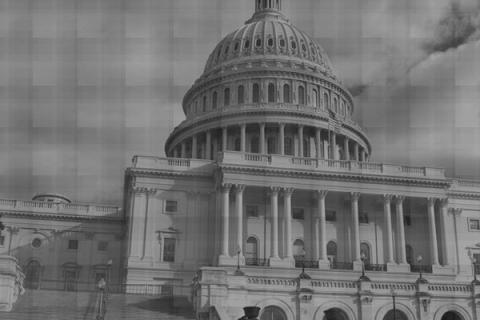The upcoming open primaries on June 5 will alter California’s political landscape considerably. Will open primaries help end political gridlock? Let's hope so. But they could also lead to serious divisions within parties and might not lead to much change at all.
In the first-ever open primaries on June 5th, California voters can vote for any candidate and are not bound by party affiliation. The top-two vote getters then face each other in the general election in November. This means independent and decline-to-state voters will be able to vote in the primaries, something which has never happened before. This almost certainly means that more votes will be cast and some results may well be unexpected.
Since most districts in California lean toward one of the major parties, open primaries almost guarantees that many general election races will be between members of the same party. Thus, in the primary where there may be two Democrats, a Republican, and an independent or third party candidate, the two Democrats will be competing against each other. This is of course also true in Republican-leaning areas too. Another scenario concerning races crowded with one or even both of the main political parties, is an outcome of split votes. Republican voters cast votes across two or more Republicans, Democrats cast votes against one or more Democrats, and the independents or third parties get enough of the fractured electorate to come away from the primary in first or second.
This does not bode well for party unity. Up until now, divisions within a party ended with the primary. Political bosses helped shape the races to the point where only diehard partisans bothered to vote, appointing their chosen candidate. The loser threw their support behind the winner in the upcoming general election fight against a candidate of the other party. But now, same party candidates could be battling each other for nine months, during the primary and the general. Thus, there will be no healing period and partisan fights will be between members of the same party. Internal political fights can often be more damaging than external battles. There is little-to-no incentive for non-endorsed partisans to stay in their political party, given open primaries.
However, in a general election between two members of the same party, it is expected that those in the other major party will probably vote against the more extreme candidate by voting for the moderate. In theory, this could help end gridlock by eliminating highly partisan politicians in favor of those more willing to work across the aisle. This would be the best of all possible outcomes. But this could also help elect candidates who are essentially ciphers with no definable platforms and who try to appeal to all in the blandest possible manner. Thus, having two members of the same party in the general election might lead to less choice not more.
Also, will moderates be any more inclined to end gridlock than the hardcore ideologues on the edges of the parties? They will still be beholden to their campaign contributors, to the lobbying process, and to the unfortunate reality that California is deeply in debt and has an ever-escalating budget crisis. None of these underlying problems are changed by open primaries.

